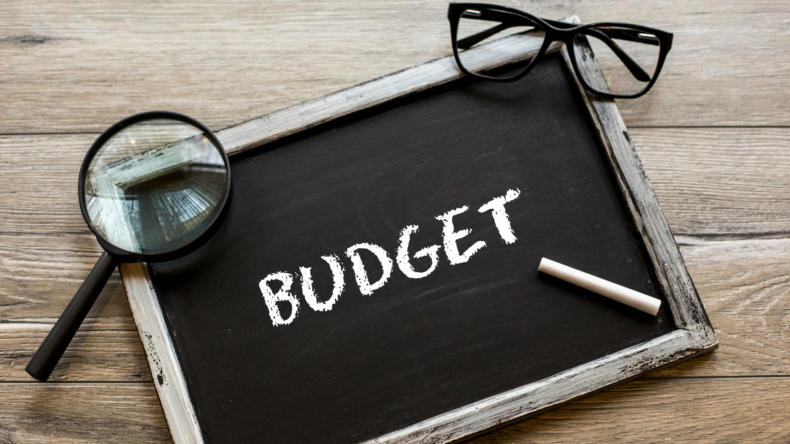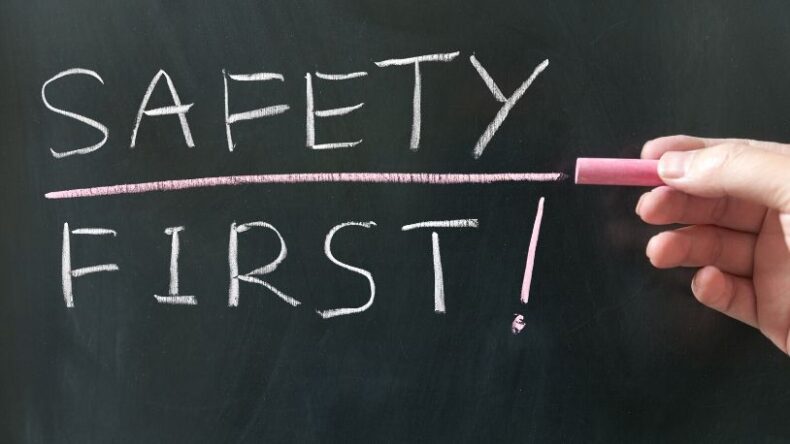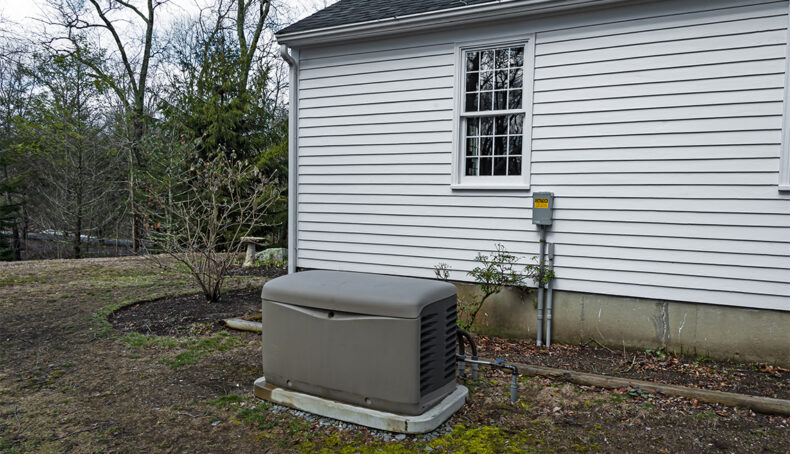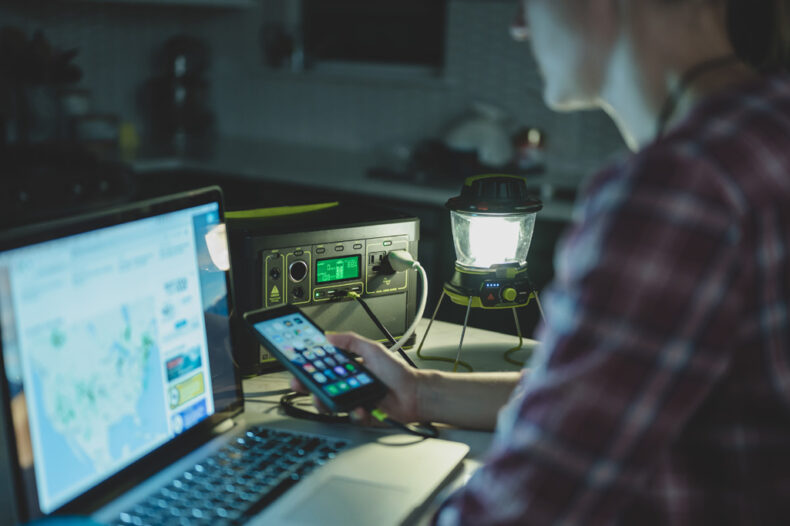As a homeowner, having a backup generator can be a lifesaver during a power outage. It can provide you with electricity to power your home appliances, lights, and other essentials until the power is restored. However, choosing the right one can be a daunting task. With so many options available, it can be challenging to decide which one is best for your needs.
Contents
Determine Your Power Needs
The first step in choosing a backup generator is to determine your power needs. This will depend on the size of your home and the number of appliances you want to power during an outage. To calculate your power needs, you’ll need to add up the wattage of all the appliances you want to run simultaneously. You can find the wattage information on the back of most appliances or in the owner’s manual.
Once you have determined your power needs, you’ll want to look for the one that can produce at least that amount of power. For example, if you need 5,000 watts of power, you’ll want to look for a generator that can produce at least that much power.
Consider Fuel Type
Backup generators can run on different types of fuel, including gasoline, diesel, propane, and natural gas. Each fuel type has its advantages and disadvantages, so it’s important to consider your specific needs when choosing a generator.
They are typically the most affordable option, but they require regular refueling, which can be a hassle during a prolonged power outage. Diesel generators are more fuel-efficient and require less maintenance, but they tend to be more expensive than gasoline ones. Propane and natural gas generators are convenient because they can be connected directly to your home’s gas line, but they tend to be the most expensive option.
Determine Your Budget

Generator sales can be expensive, so it’s important to determine your budget before you start shopping. While you don’t want to skimp on quality, you also don’t want to overspend on features you don’t need. Determine how much you’re willing to spend and then look for a generator that fits within your budget.
Choose the Right Size
Once you’ve determined your power needs, you’ll want to choose the right size generator. They are available in different sizes, ranging from portable models that can power a few appliances to large standby models that can power your entire home. The size you choose will depend on your power needs and your budget.
Look for Safety Features

When shopping for a generator, it’s important to look for safety features. Look for a model with a low-oil shutoff, which will automatically shut it off if the oil level gets too low. This can help prevent damage to the engine and ensure that the generator runs smoothly.
You should also look for a generator with a circuit breaker to protect your appliances from damage in the event of a power surge. Additionally, look for the one with an automatic voltage regulator, which will help ensure that the power output is consistent.
Consider Noise Levels
They can be noisy, so it’s important to consider the noise level when choosing a generator. Look for a model that has a decibel rating of 75 or lower, which is about the same as a vacuum cleaner. This will help ensure that it won’t disturb your neighbors or cause a disturbance in your home.
Choose a Reputable Brand

When shopping for a generator, it’s important to choose a reputable brand. Look for a brand that has a good reputation for quality and reliability. You want to choose a brand that you can trust to provide you with a generator that will last for many years.
In conclusion, choosing the right backup generator for your needs requires careful consideration of your power needs, fuel type, budget, size, safety features, noise levels, and brand reputation. By taking these factors into account, you can choose the one that will provide you with reliable power during a power outage, ensuring that your home and family stay safe and comfortable.
